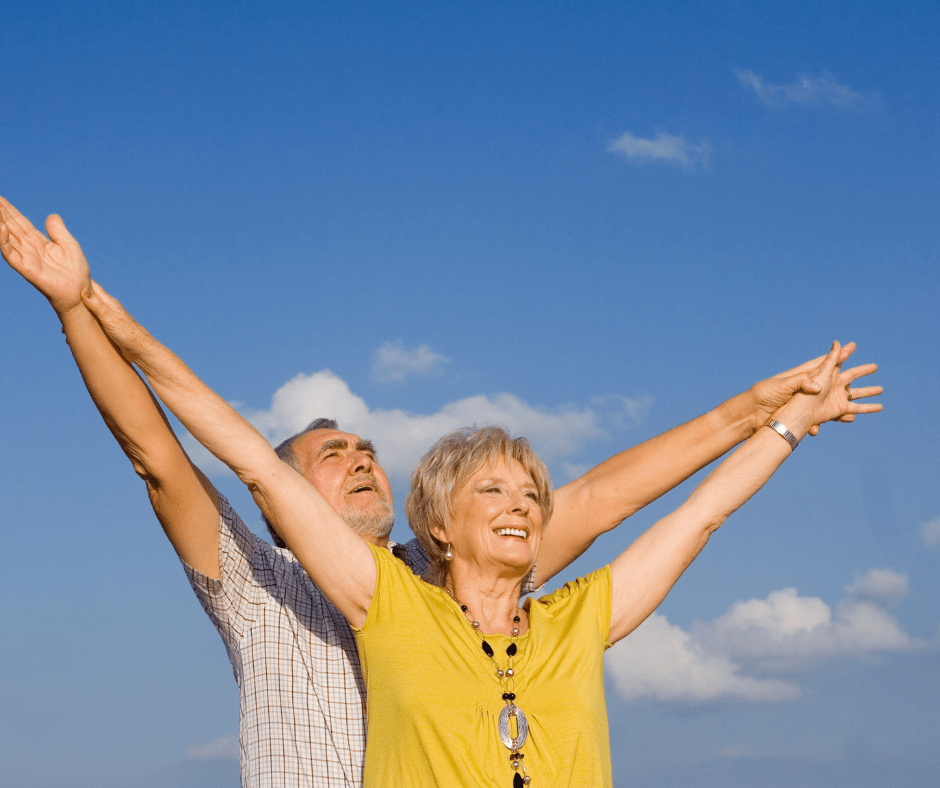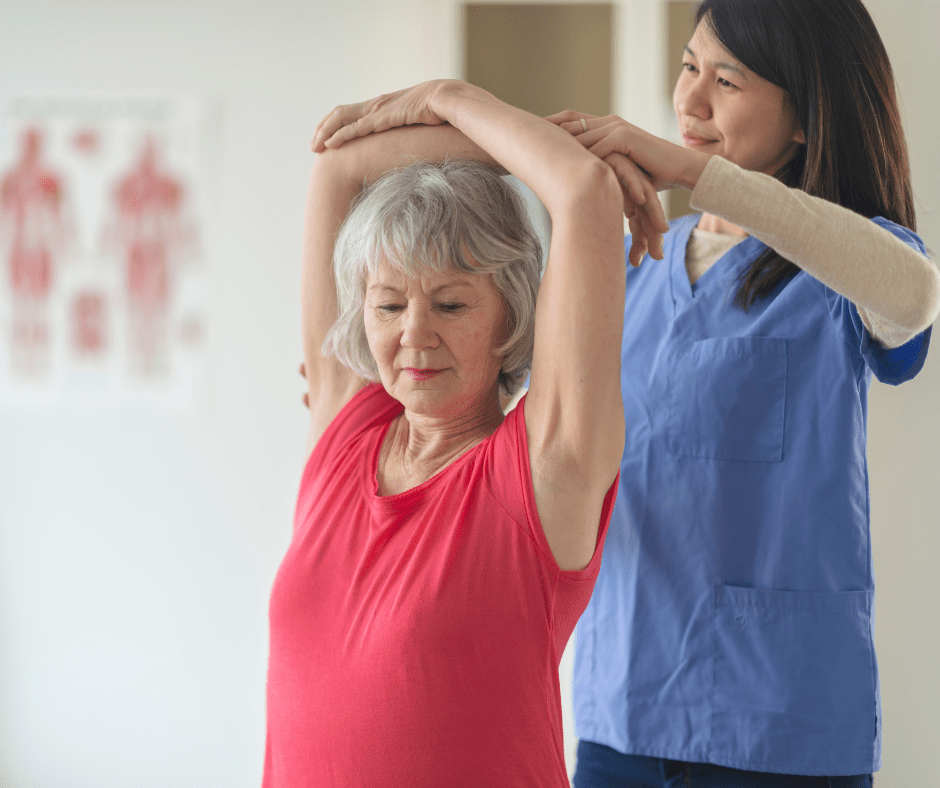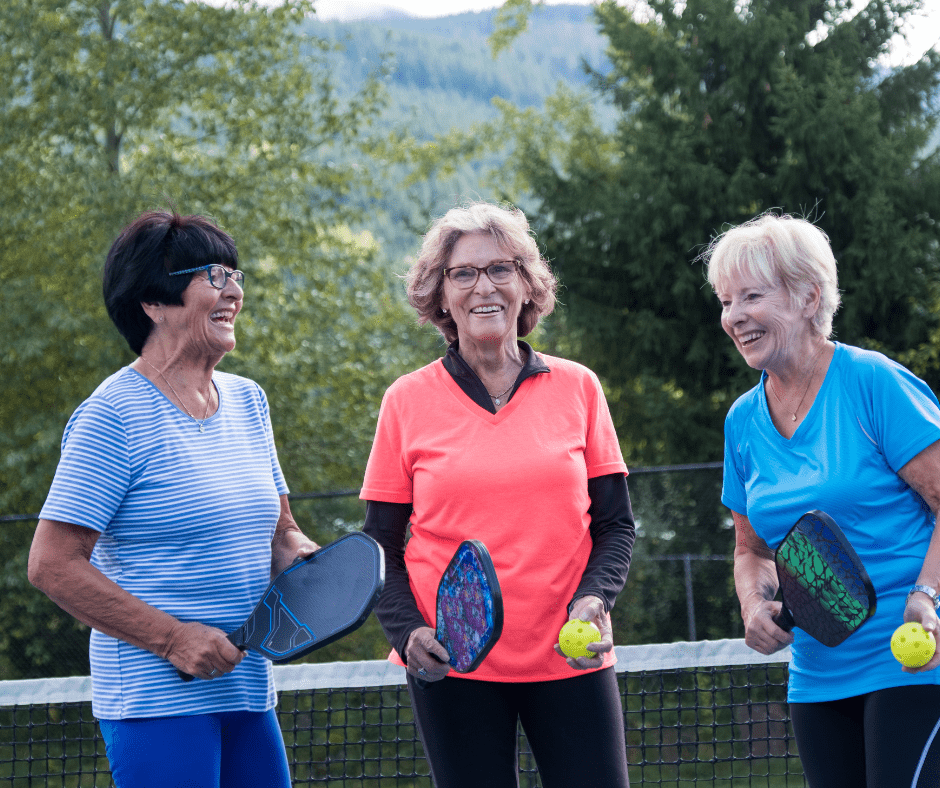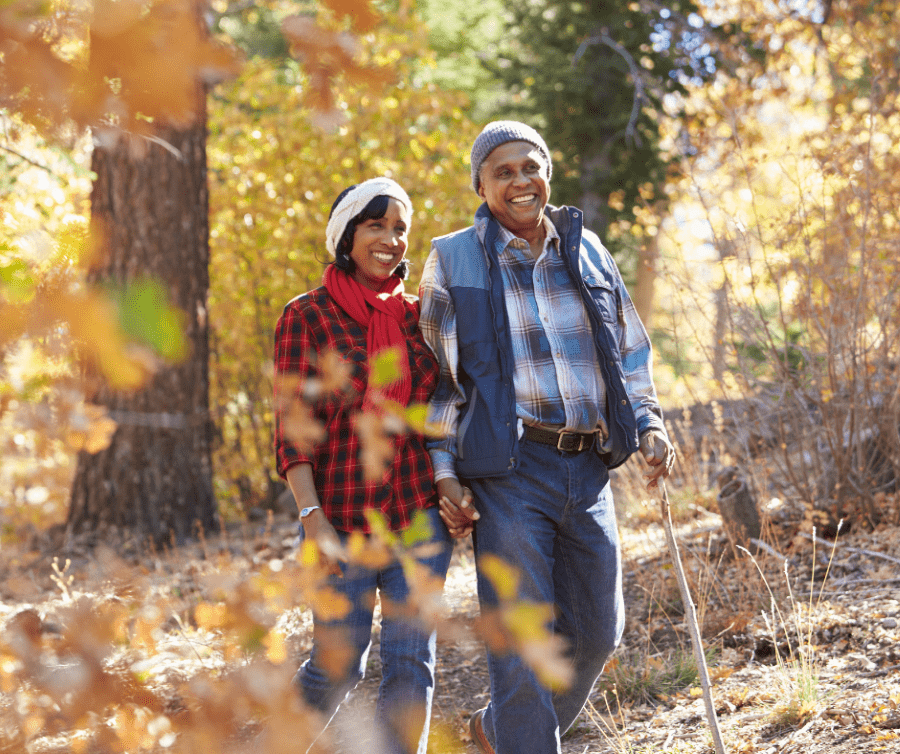
Discover 10 essential tips for stress-free living as you age, from mindfulness to social connections, for a peaceful and fulfilling lifestyle.

Looking for purpose after retirement? Volunteering boosts seniors’ health, happiness, and connection. Discover how giving back helps you thrive.

Discover how reading enhances memory and concentration in older adults by boosting cognitive health, reducing stress, and fostering lifelong learning.

Celebrate American Heart Month by learning heart-healthy tips for older adults, including diet, exercise, screenings, and ways to spread awareness.

Explore how physical therapy boosts mobility, strength, and well-being for seniors. Learn about its vital role in maintaining independence and quality of life in our blog.

Explore the symptoms, causes, and treatments for senior depression, and discuss how to offer better care and support for loved ones during Depression Awareness Month and beyond.

Discover the importance of active aging, the benefits of staying engaged, and how Grace Management, Inc. communities promote it daily.

Here’s how seniors can make the most of Self-Improvement Month and continue to thrive in every aspect of life.

Explore the key areas that contribute to healthy aging and provide practical tips to help seniors thrive.

Discover our guide to learn essential aspects of senior wellness and actionable tips for promoting a healthy lifestyle.
